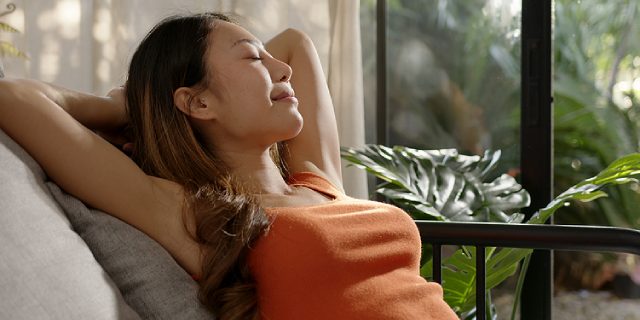Due to the global pandemic still gripping the world, air quality remains a hot topic, especially among homeowners and business owners. More individuals and businesses realise the importance of better air quality and the benefits of owning an air purifier. These days, plenty of options are available for investing in an air purifier.
However, many still need to fully understand the need for an air purifier in their homes. This is because they need to learn the benefits it might bring to their health and well-being. People might also be wary about investing in an air purifier due to the various misconceptions surrounding the device. Below, we debunk some of the most popular myths surrounding air purifiers that might make homeowners think twice about investing in an air purifier in Singapore.
1. Air purifiers do not work
The most common misconception that sceptics have is that air purifiers do not work or are not beneficial. This might be because many highly functional air purifiers do not make much sound and remain very still while operating, which makes it easy to believe that nothing is happening. However, believing that your air purifier is not doing its job because it is silent is far from the truth.
Air purifiers can clean a large area and use their energy to remove pollutants without making any sound or motion. Air purifiers with HEPA H14 Zero Clear filters can eliminate up to 99.997% of 0.3µm ultra-fine dust particles. Smoke, dust, bacteria, and viruses could all be silently removed from the air.
A simple way to check if your air purifier is working is by placing the back of your hand close to where your device lets air out. If there is a gentle breeze, this means it’s working perfectly fine.
2. You do not need an air purifier if you have air conditioning
Another common myth that some people may believe is that air purifiers work the same as air conditioning. This is not true. The cold and fresh breeze from air conditioning might give the illusion of clean air, but this is untrue.
An air conditioner regulates the air temperature within a room; unlike air purifiers, air conditioners do not trap airborne pollutants. Even though air conditioners have filters, they are mainly there to keep dust from getting into them and not purify the air.
3. You must remain close to the air purifier
You can be far from an air purifier to benefit from it. Air purifiers have different Clean Air Delivery Rates (CADRs), catering to the size and length of the room.
An air purifier can help create a protective zone where pollution levels are significantly lower than outside areas. You can benefit from the air purifier anywhere within that specified area.
4. Bad odours mean your air purifier is not working
Many believe that bad smells indicate your air purifier is not working and purifying the air as it should. The truth is that this depends on the type of air purifier you are using. Purifiers with HEPA filters remove pollutants from the air but do not affect foul odours.
However, air purifiers with a deodorisation filter help eliminate foul daily odours, gases, and pollutants. If unpleasant smells still linger when using a purifier meant to clean pollutants and odours, it might be a sign to change your filter.
Conclusion
Maintaining a high level of air quality is vital in keeping you and your family safe, and you should spare no effort to have the best air quality for your home. Air purifiers for homes in Singapore can significantly benefit you. Despite the many myths surrounding them, it is essential to learn how air purifiers can help improve your quality of living and to take note of the signs that you need air purifiers at home.
At Wells, our air purifiers have different capabilities and functions to suit your needs. Wells also offers an array of water dispensers and alkaline water purifiers that guarantee clean and safe drinking water. Do not hesitate to contact us to find out more!



